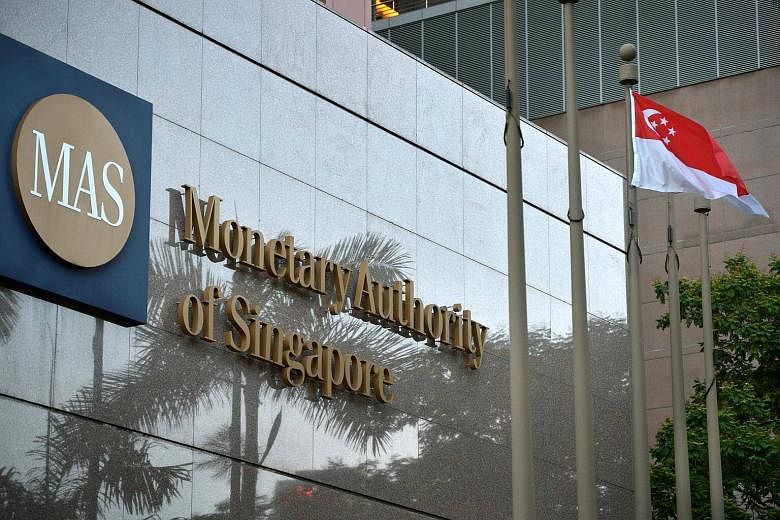Singapore has a strong framework to combat money laundering and terrorism financing, but it could still do better, an international team of assessors has found.
The Financial Action Task Force (FATF), the Paris-based inter-governmental body tackling money- laundering threats to the global financial system, said the local financial sector is robustly supervised and Singapore has a well-functioning system that enables prompt and effective investigations into financial crimes.
Singapore's government bodies also coordinate well to fight money laundering and terrorism financing, and they provide constructive and high-quality information and assistance when cooperating with other countries, the FATF noted.
Nonetheless, there are areas where Singapore could do better, it added in its evaluation report, the second it has done on the Republic and the first since tougher standards were introduced in 2012.
In a joint statement yesterday, the Ministry of Home Affairs, the Ministry of Finance and the Monetary Authority of Singapore (MAS) said regulators will take follow-up action in these areas. For example, the MAS will step up engagement with financial institutions to raise their understanding of emerging risks in money laundering and terrorism financing.
OCBC Bank's head of legal and regulatory compliance Loretta Yuen said the strong collaboration and continuous engagement between the MAS and banks has allowed Singapore to build a sophisticated and rigorous regime to combat financial crimes. "But given the growing complexity of such activities, financial institutions will have to remain constantly vigilant in detecting irregularities and devising countermeasures," she added.
Singapore's law enforcement agencies will also pursue more cases of complex transnational money laundering offences, by strengthening their capabilities to identify and investigate more of them, the three government bodies said.
The Financial Intelligence Unit under the Commercial Affairs Department will develop more sophisticated data analytics capabilities as part of this effort.
Recent actions and investigations by Singapore into complex transnational cases, such as the 1Malaysia Development Berhad case, were not considered in the FATF assessment, because they were still ongoing. Only prosecutions and convictions before last December were taken into account by the FATF.
The government bodies noted, however, that Singapore's regime to combat terrorism financing was not given sufficient credit by FATF, which takes into account only criminal prosecutions and convictions.
Singapore deals with terrorism financing cases by using the Internal Security Act, which FATF does not consider in its evaluations.
Recently, six Bangladeshis were charged and convicted of terrorism financing under the Terrorism (Suppression of Financing) Act. However, these convictions took place after the FATF assessment.
In this latest round of evaluations, the FATF has so far released reports on 11 countries. Singapore is the only major financial centre among them.
CIMB Private Bank economist Song Seng Wun said such external checks benefit Singapore. "It reflects what banks have experienced on the ground - we've been seeing a tightening of regulations and controls. As Singapore grows as a financial hub, maintaining its reputation is of paramount importance."


